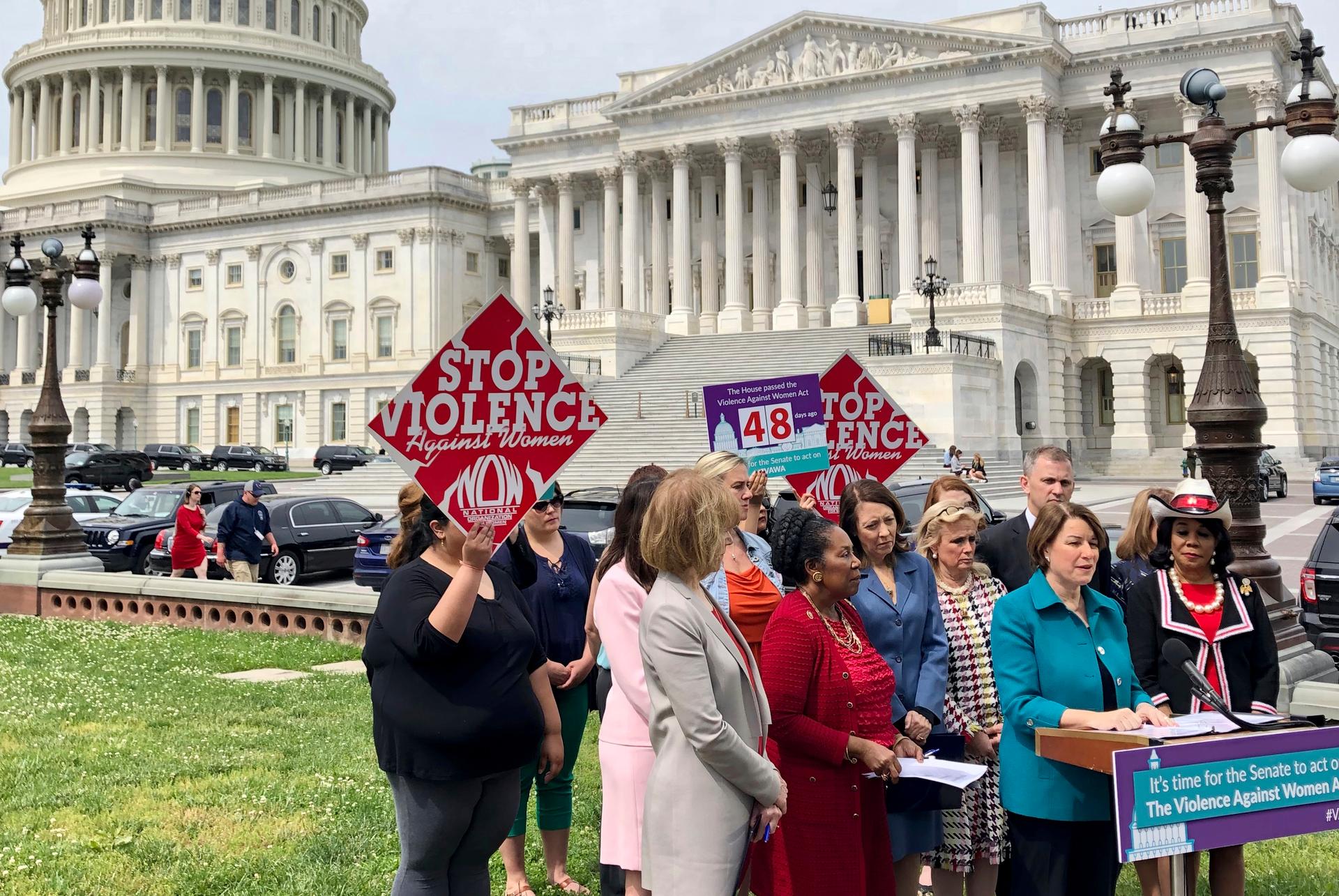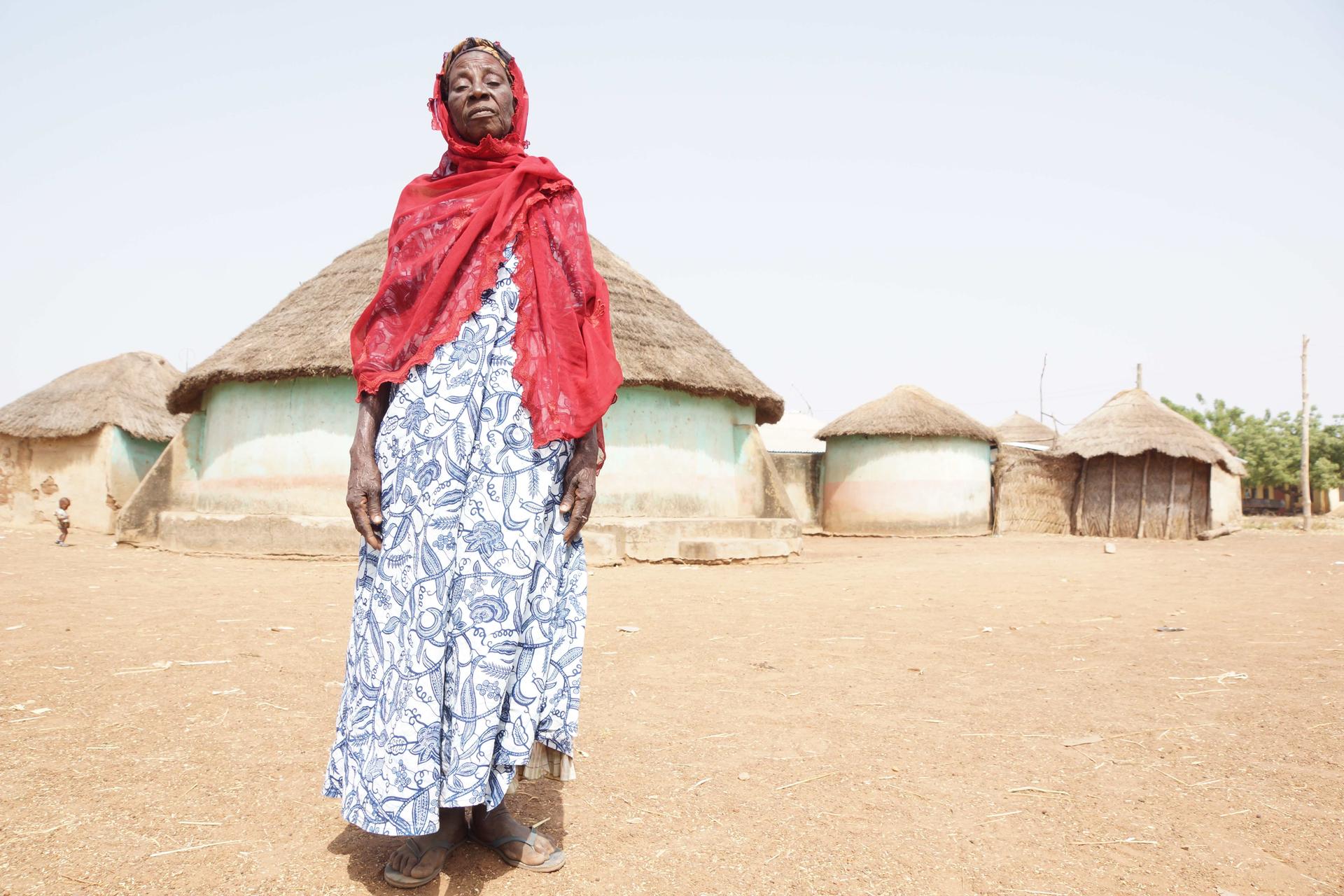US Treasury Secretary Janet Yellen urges minimum global corporate income tax
Then Federal Reserve Chair Janet Yellen speaks during a news conference following the Federal Open Market Committee meeting in Washington, 2017.
Top of The World — our morning news roundup written by editors at The World. Subscribe here.
In her first major address as US treasury secretary, Janet Yellen said the Biden administration will work with the Group of 20 countries to set up a minimum global corporate income tax, citing a “30-year race to the bottom” in which countries have slashed corporate tax rates to attract multinational businesses.
The move is seen as an effort to offset any disadvantages that might arise from Biden’s plan to increase US corporate tax rates such as US companies relocating overseas in search of better taxation deals.
“It is important to work with other countries to end the pressures of tax competition and corporate tax base erosion,” Yellen said in a virtual speech to the Chicago Council on Global Affairs.
Yellen’s speech comes as the Biden administration’s infrastructure proposal, known as the American Jobs Plan, calls for a raise in the corporate income tax rate from 21% to 28% to fund the ambitious $2 trillion package. The plan would establish that the tax will be calculated on a per-country basis to deter companies from sheltering profits in international tax havens.
What The World is following
North Korea is skipping the delayed Tokyo Summer Olympics due to COVID-19 concerns, the country’s sports ministry stated Monday. With this move, North Korea becomes the first country to step out of the global games that start on July 23. North Korea wants to “protect the athletes from the global health crisis created by COVID-19,” it said in a statement. North Korea has not made public its COVID-19 numbers. Pyongyang’s decision also slashed hopes from South Korea’s President Moon Jae-in that the games could serve as a catalyst for diplomatic progress between both Koreas.
And, Greenlanders head to the polls on Tuesday in an early parliamentary election with vast geopolitical and environmental consequences. At the core of the election is the question of whether international companies should be allowed to mine the island’s substantial deposits of rare-earth metals. Control over this could act as a check on China’s growing market dominance in the sector and the future production of products like phones and cars. The question split Greenland’s three-party governing coalition in February. Supporters see the Australian owned Kvanefjeld mining project as a potential source of jobs and economic prosperity. The opposition party has stated that a majority of Greenland’s 56,000 inhabitants, most of them Indigenous Inuit people, are against the project, largely for environmental reasons.
From The World
Health workers in Brazil warn COVID-19 cases may spike again: ‘We cannot continue to trivialize these deaths’

Health officials in Brazil are bracing for a new spike in coronavirus infections after Easter holiday gatherings.
“Right now, we are barely starting to see the number of new cases slow, with a lot of effort in recent restrictions by some states, but we are seeing increased numbers of people on the streets, and rising number of people traveling,” said Isaac Schrarstzhaupt, a coordinator of Brazil’s COVID-19 Analysis Network.
Activists argue the US doesn’t do enough to protect domestic workers. Can an international hearing change that?

More than 2 million people in the US work behind the closed doors of private homes in the US as nannies, housekeepers, cooks and health aides. Many are people of color or immigrants, and they often face exploitation and abuse.
After 14 years of advocacy efforts, activists are calling the US out on an international stage for failing to protect domestic workers.
The World conversations
Mixed messages on the Iran deal

The prospects for the revival of the Iranian Nuclear Deal are showing some glimmers of hope. US and Iranian officials are heading to Vienna Tuesday. Senior diplomats from the world powers that also signed the 2015 nuclear agreement will be there as well.
Representatives from Iran and the US will not be sitting down in the same room. Instead of talking face to face, discussions will be held via intermediaries. Ali Vaez is the Iran project director at the International Crisis Group. The World’s host Marco Werman spoke to Vaez about the state of affairs. Here’s an excerpt from their discussion below.
Marco Werman: Maybe you can give us a sense of how this will work, Ali. They’ll be in separate rooms down the hall from one another with designated runners essentially passing along notes.
Ali Vaez: Yes, that’s right. Basically, the remaining parties to the deal, that’s Russia, China, UK, France and Germany and the European Union, those are the ones who will be going back and forth and trying to bridge the gaps between Iran and the US.
Marco Werman: What does it say, though, that the US and Iran can’t even sit at the same table at this point?
Ali Vaez: It is definitely an indication of how painstakingly difficult it’s going to be to get back into full compliance with the deal. This is mostly because Iran and the US have mismatched expectations and there’s just so much mistrust between them. I mean, look, the endgame here is pretty clear. Both sides want to get back into full compliance with the deal. It’s just the sequencing and how that’s going to work out that is going to be basically extremely complicated to agree upon.
Global Hit
Facing violence and possible death, women accused of witchcraft in Ghana have found refuge in villages in the northern part of the country. They have been ostracized by their families and communities and their voices have been censored. Now, their stories can now be heard on a new album called “I’ve forgotten now who I used to be,” produced by Italian Rwandan photographer and filmmaker Marilena Umuhosa Delli and her husband, award-winning record producer Ian Brennan. ?

In case you missed it
Listen: Jordan’s royal dispute comes at a difficult time

As Jordan’s royal dispute plays out between two top royals, many Jordanians are just trying to get by. And, the EU has announced a quarter billion euros to fund five new refugee camps on the Greek islands, including Lesbos, but some are worried the new sites will not improve conditions for migrants. Also, in Egypt this weekend, 22 mummies were on the move in a multimillion-dollar parade featuring 18 kings and four queens who were transported from the Egyptian Museum to their new resting place — the National Museum of Egyptian Civilization.
Don’t forget to subscribe to The World’s Latest Edition podcast using your favorite podcast player: RadioPublic, Apple Podcasts, Stitcher, Soundcloud, RSS.
